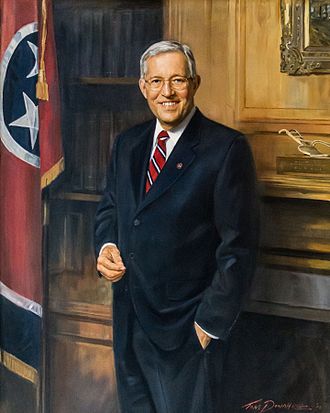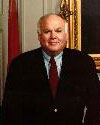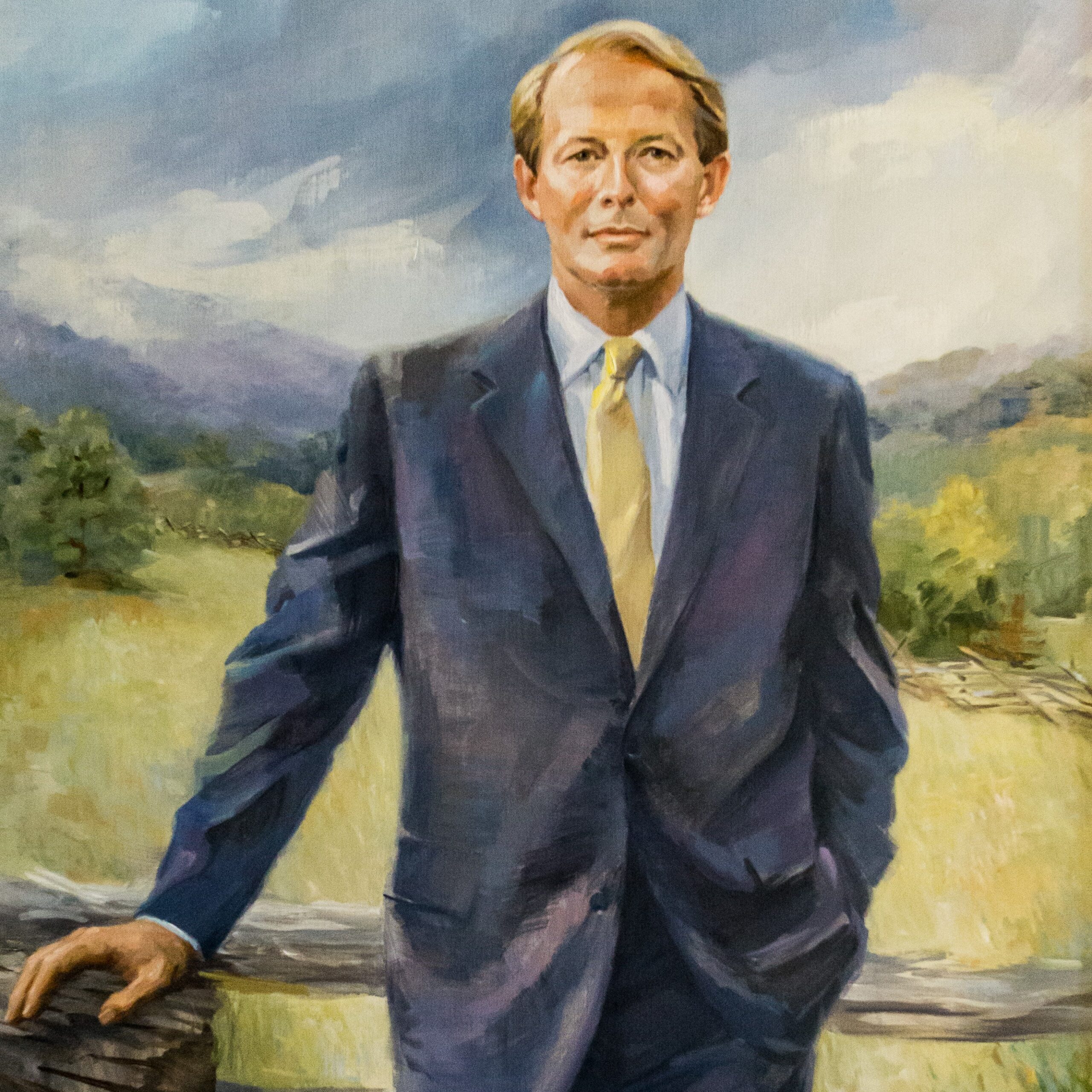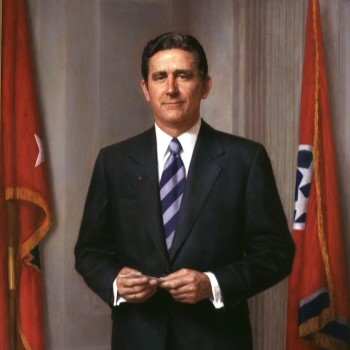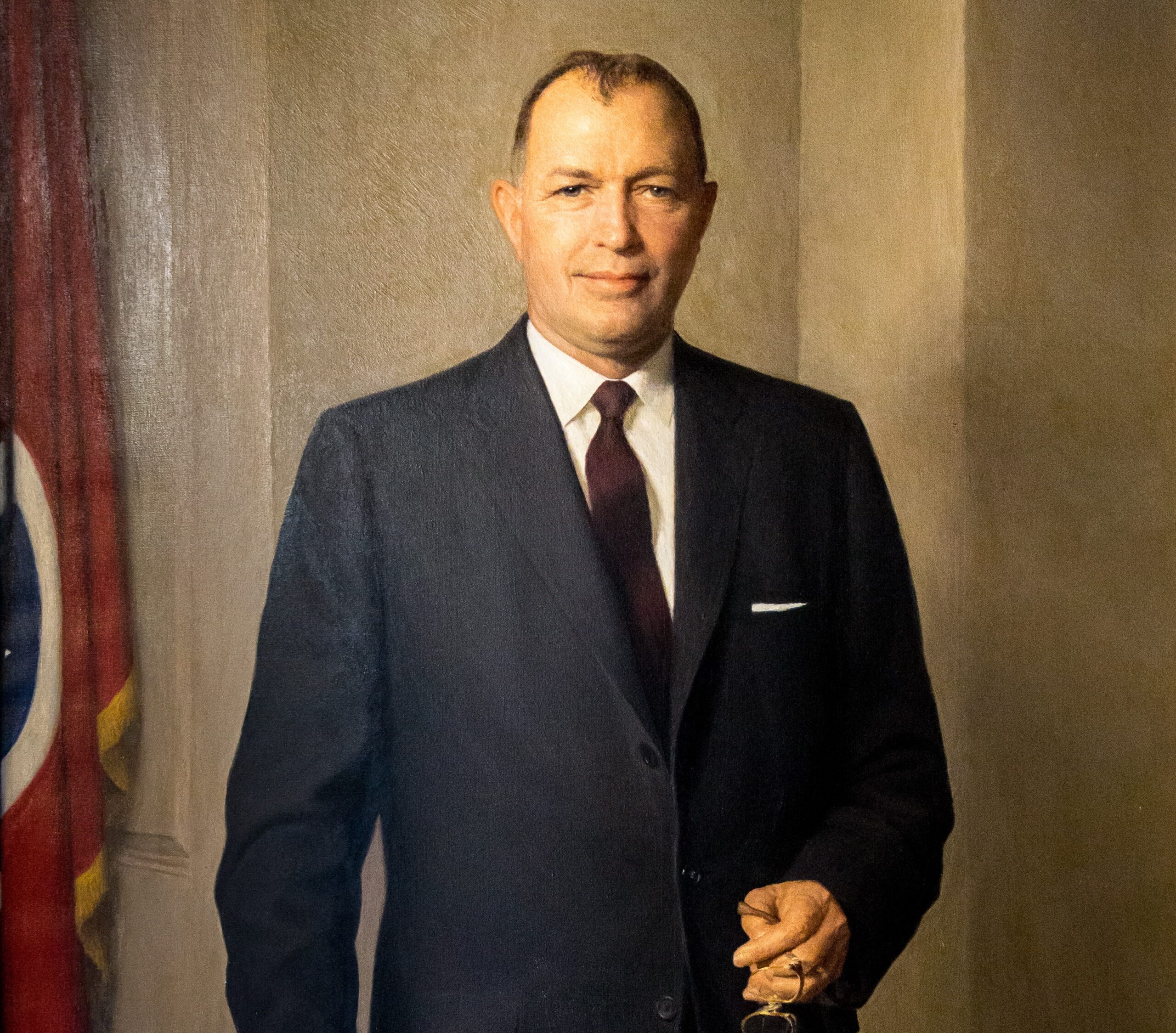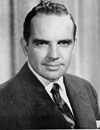This website uses cookies so that we can provide you with the best user experience possible. Cookie information is stored in your browser and performs functions such as recognizing you when you return to our website and helping our team to understand which sections of the website you find most interesting and useful. Please see our privacy policy for more information.
Tennessee
Gov. Malcolm Rice Patterson
- January 17, 1907 - January 26, 1911
- Democratic
- June 7, 1861
- Alabama
- Christian Brothers College; Vanderbilt University
- Married Mary Russell Gardner; four children
- Representative
About
MALCOLM RICE PATTERSON was born in Somerville, Alabama, and moved with his parents to Memphis at the age of eleven. After attending Christian Brothers College and Vanderbilt University, he was admitted to the Bar and began a law practice in Memphis. From 1894 to 1900 he was District Attorney of Shelby County, after which he served three terms in the U.S. House of Representatives before winning election as governor. He was reelected two years later to what became a stormy term of office. Prohibition had been a central issue in the 1908 contest, with Patterson an opponent, and the controversy became even more heated when a Patterson supporter-Duncan Cooper-shot the man who had been Patterson’s pro-prohibition rival for the Democratic gubernatorial nomination. Although the state Supreme Court upheld Cooper’s conviction, Patterson issued a pardon, which produced a scandal that destroyed the governor’s political career, led to the passage of law that restricted gubernatorial power, and gave the edge to the Republican Party in the next two elections for governor. The Prohibition scandal is said to have obscured Patterson’s positive achievements, however, including the banning of public executions, support for the establishment of a tuberculosis ward in the penitentiary, and calls for reorganization of the school system and for economy in state government. In addition, during his administration, provision was made for the nomination of all officers except judges and attorneys general at primaries. After leaving office Patterson was converted to the Prohibition cause and became a lecturer for the Anti-Saloon League. He became a Circuit Court judge in Memphis and wrote a column for the Memphis Commercial Appeal. In 1932 he announced once more for the Democratic gubernatorial primary but did not win the party’s nomination. He died in Sarasota, Florida and was buried in Memphis.
Source
Ash, Stephen V., Messages of the Governors of Tennessee, 1907-1921, Volume 9, Nashville: Tennessee Historical Society, 1990.
Biographical Directory of the U.S. Congress
Carroll, Van West, Ed., Tennessee Encyclopedia of History and Culture, Nashville: Tennessee Historical Society, 1998.
The National Cyclopaedia of American Biography, Vol. 14. New York: James T. White & Company.
Philips, Margaret I. The Governors of Tennessee. Gretna, LA: Pelican Publishing Company, 2001.
Sobel, Robert, and John Raimo, eds. Biographical Directory of the Governors of the United States, 1789-1978, Vol. 4. Westport, CT: Meckler Books, 1978. 4 vols.
The Tennessean, March 9, 1935.
White, Robert H. Messages of the Governors of Tennessee, 1907-1921. Nashville: The Tennessee Historical Commission, Vol. 9, 1952.




